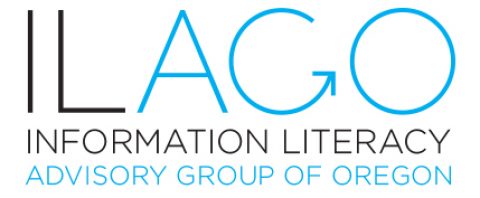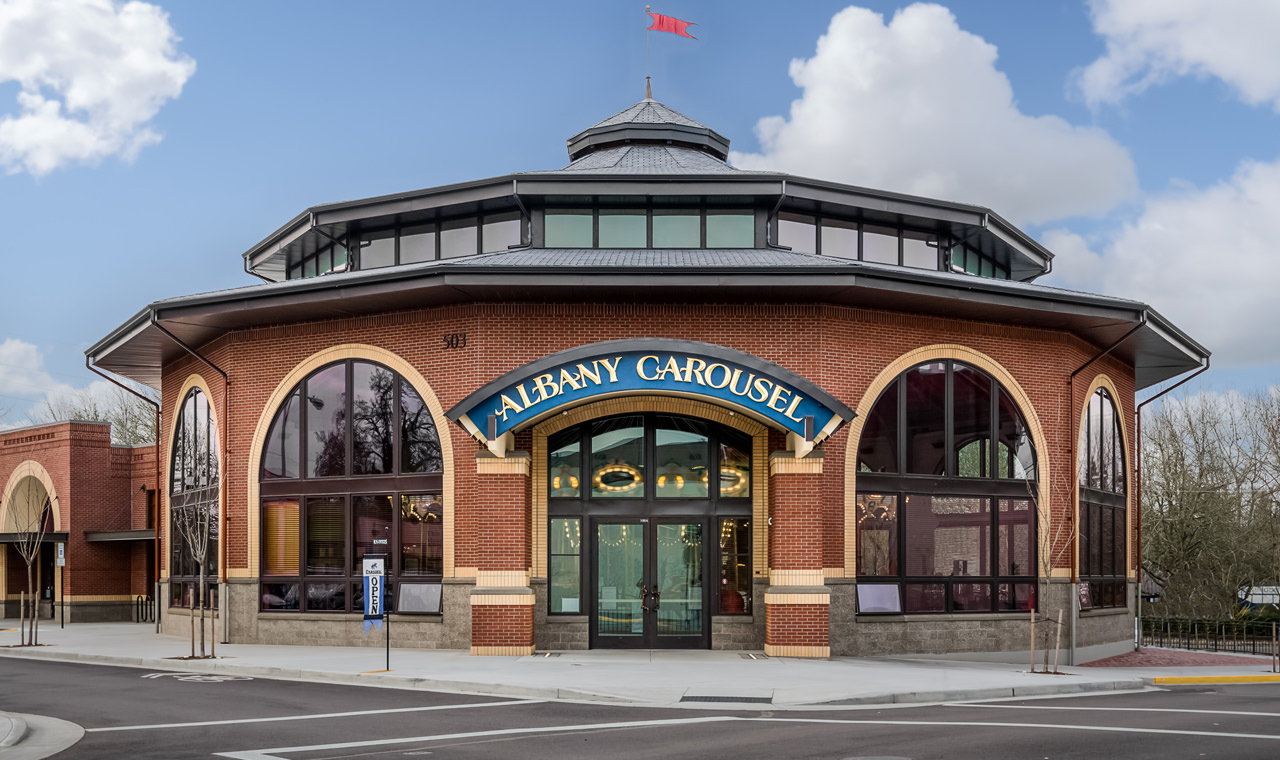Join us for the 15th Annual Oregon Information Literacy Summit, a virtual series free lightning talk-style sessions on topics of interest to our IL community.
Registration is open to any person, so register soon! Please register for each session separately. The sessions will be recorded. If you register, we will email you a link to the recording after the session. Questions about the sessions can be directed to ilago.chair@gmail.com
Tuesday May 18th (1-2 pm)
Registration form: https://forms.gle/vugChgiJZ3aXBdGM8
Functional and Subject Specialists Collaborating in the Remote Classroom with Andrew Wang and Kate Thornhill
This presentation will describe a collaborative instruction session facilitated by Kate Thornhill (Digital Scholarship Librarian) and Andrew Wang (Art and Architecture Librarian) for an upper-level undergraduate/graduate course in the Historic Preservation program at the Portland campus of the University of Oregon. As the instructor of the course was still in the midst of finalizing the parameters of his assignment, Kate and Andrew were challenged to build a multi-part session that included both an asynchronous module and a synchronous remote session. The session incorporated multiple interactive and scaffolded components that ultimately helped shape the assignment itself. Moreover, this session has provided their institution with a model for: (1) innovative library instruction in the remote classroom; (2) an effective collaboration between a functional and subject specialist; and (3) incorporating several forms of assessment that meet a variety of learning outcomes.
Talking Stories: An Open Pedagogy Collaboration and Partnership with Kate Thornhill
At the University of Oregon between July and December 2020, Dr. Michelle Scalise Sugiyama and four UO librarians under the leadership of Kate Thornhill, Digital Scholarship Librarian, collaborated to develop an open educational resource that incorporated WordPress and open pedagogy approaches aimed at showing how Indigenous peoples around the world use storytelling to transmit their traditional ecological knowledge. This collaboration supported first-year undergraduate students participating in Dr. Scalise Sugiyama’s Origins of Storytelling course, an online first-year seminar dedicated to developing content for the resource. Entitled Talking Stories: An Encyclopedia of Traditional Ecological Knowledge, this resource aggregates traditional narratives, explications of the ecological knowledge they encode, descriptions of their culture and habitat of origin, and links to related scholarly research. It is intended for use by educators around the world seeking to integrate traditional Indigenous literature and natural history into their courses, and by students and researchers investigating this body of knowledge. For this presentation, Kate Thornhill will discuss how Dr. Scalise Sugiyama and she approached their collaborative partnership to center students with an introduction to academic research, professional writing, and digital literacy within the Origins of Storytelling course.
Transparent Library Instruction with Garrett Trott
This session will provide a brief definition of transparency in addition to some examples of how transparency can be implemented in either face-to-face or online instruction. It will briefly discuss what makes transparency valuable for instruction as well.
Friday May 21 (11-12pm)
Registration form: https://forms.gle/2cFbVc8WWuAUJEeG6
On “Developing Information Literate Abilities”: Uncovering Whiteness at the Center of the ACRL Framework for Information Literacy with Anders Tobiason
What does it mean to be information literate? Who is the model information literate individual? Taking its cue from Critical Discourse Analysis and Antiracist Black Language Pedagogy, this presentation questions the foundational image of the information literate individual lying at the heart of the ACRL Framework for Information Literacy. Using critical race theory and an understanding of how whiteness functions as a presumed neutral background in our society, we begin to understand the whiteness of this individual. In this presentation, I briefly outline how whiteness functions and then move on to show how whiteness functions within the Framework more specifically. One of the main features of the Framework is an emphasis on “developing information literate abilities.” But for BIPOC individuals this fundamentally involves code-switching. As many scholars have recently argued code-switching causes harm beyond a change in individual language. When one’s understanding of what knowledge is and how information is constructed clashes with the aspirational model, one begins to question the validity of one’s own identity. As we begin to understand how whiteness underlies the Framework, we can begin to problematize its concept of information literacy and eventually find ways to allow a variety of information literacies to flourish.
Transparent Teaching in Action: Developing a First-Year Seminar Lesson Plan with Lynda Irons
Attendees will learn how the presenter applied the transparent teaching principles to develop a transparent-friendly, step-by-step lesson plan to teach a one-shot instruction session on scholarly articles to freshmen students. The presenter used the Searching is Strategic Exploration ACRL Framework as the foundation for developing the lesson plan. By the end of the presentation, attendees will:
Learn the transparent teaching principles and why they matter;
Learn to differentiate between purposes and tasks;
Leave with a strategy to apply transparent teaching principles to their own First-Year Seminar/Experience instruction.
An adaptive/ open information literacy model for the sciences with Dawn Lowe-Wincentsen and Alla Powers
Transparent course and assignment design gives students a framework with which to understand why the information is important and how it fits into the greater scheme of education and career. Open educational resources (OER) and open pedagogies use alternative copyright to make materials accessible and adaptable. This case study describes using these two principles to create an adaptable course module on information literacy. This case study will also talk about the request and need for more accessible materials during the covid period and beyond. As an open resource in an electronic format this case study will also discuss the possible uses outside of the local university environment.

